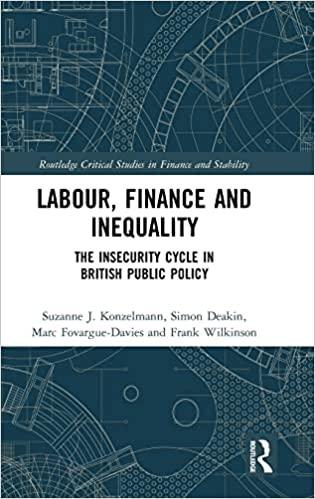Question
A firm with a 40% tax rate has $10 million of preferred shares outstanding (each share has a $100 par value) that pay a dividend
A firm with a 40% tax rate has $10 million of preferred shares outstanding (each share has a $100 par value) that pay a dividend of 10 percent and are callable at a premium of 6 percent. Issuing and underwriting expenses of $700,000 would have to be incurred. (a)Assume that current dividend rates have dropped to 8 percent. What would be the market price of a preferred share (if it were non-redeemable/non-callable/non-retractable)? (b)To what level would the dividend rate (on comparable issues) have to drop to in order to make refinancing attractive? (c)Assume that dividend yields have dropped to 8 percent. How many years will it take for the company to recoup the initial refinancing costs? (d)Assume that the company chooses to call the 10% issue and refinance (with new shares) at 8%. What is the maximum number of new preferred shares (each new share has a $100 par value) the firm can issue without increasing total annual dividend payments from their current level (at 10%)?
Step by Step Solution
There are 3 Steps involved in it
Step: 1

Get Instant Access to Expert-Tailored Solutions
See step-by-step solutions with expert insights and AI powered tools for academic success
Step: 2

Step: 3

Ace Your Homework with AI
Get the answers you need in no time with our AI-driven, step-by-step assistance
Get Started


